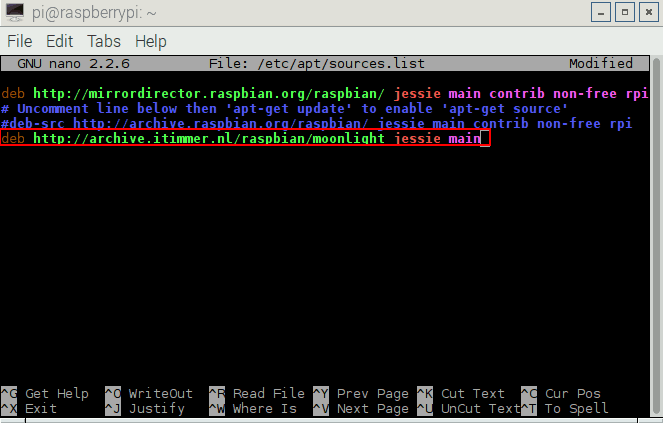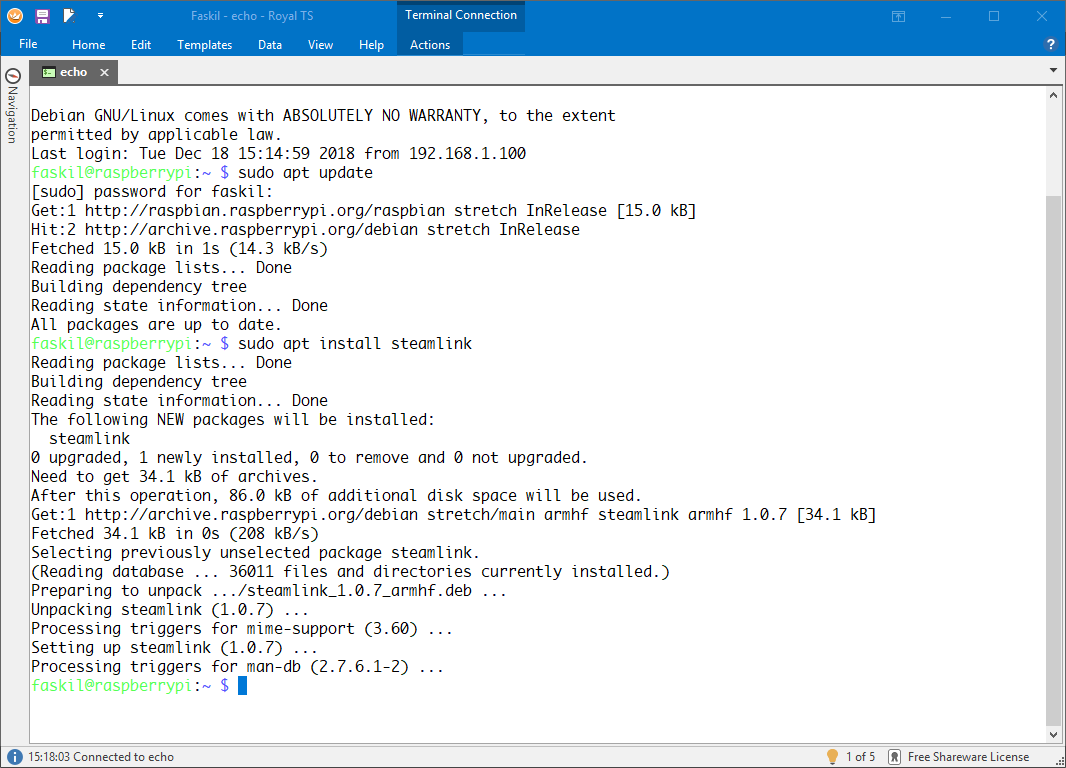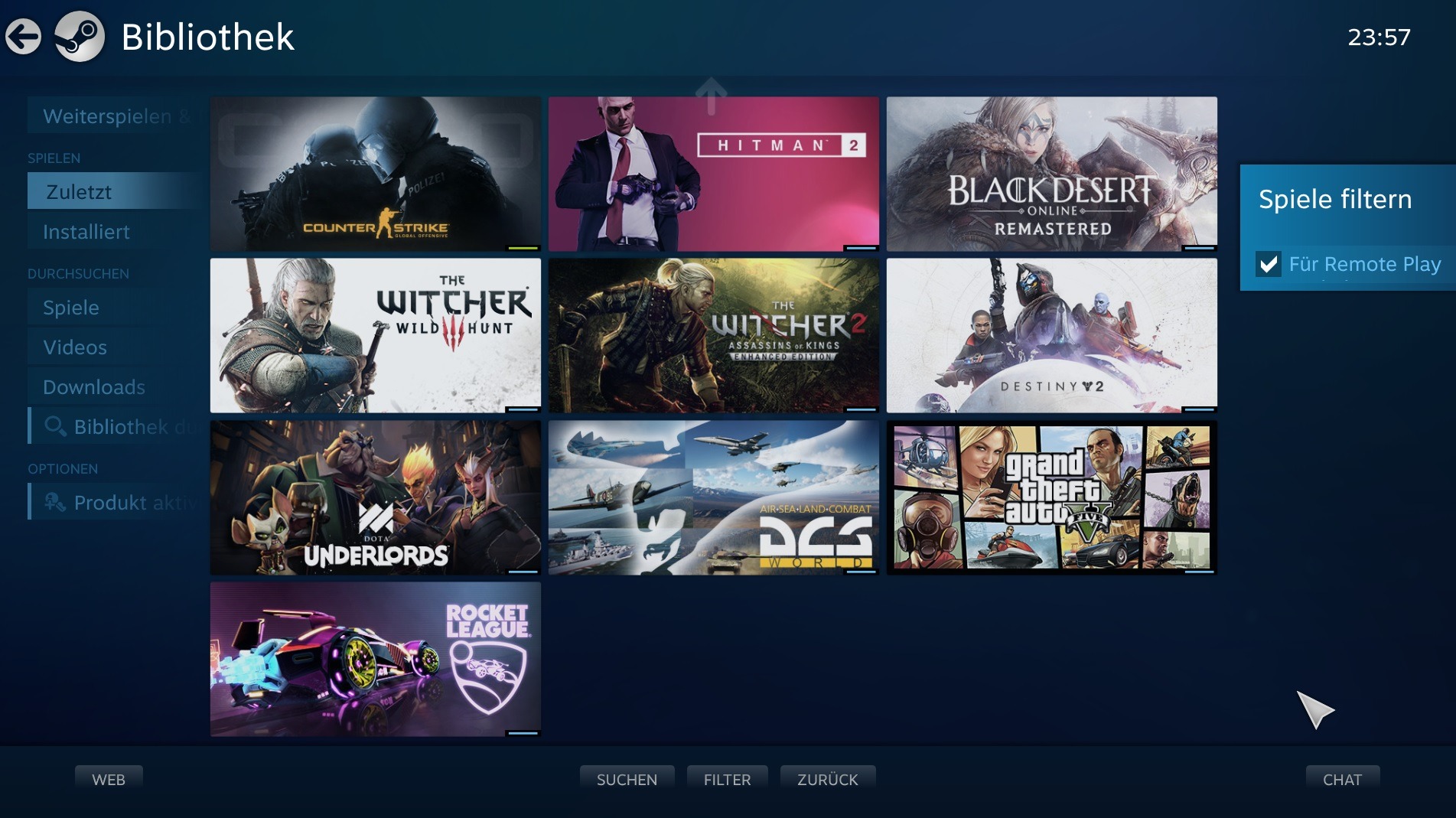

The hardware itself (model 3B+) costs around £30/€30/$35, with stockists listed on the official page here.Steam Link – the software that lets your run any Steam game on your PC and play it on another device by way of streaming – is now in beta for the Raspberry Pi. Instructions on downloading the Steam Link software for Raspberry Pi are here. The new software version looks just as good, and now compatible with just about any old device you have lying around, including little green hacker-boards. It was a small, cheap piece of hardware to fill a niche (for those with big clunky desktop machines they can't move easily), and it did its job well, with a minimum of fuss and setup time.

It was handy for getting folks around the big TV for local co-op stuff, before I picked up a games-spec laptop. I picked up one of the original Steam Link boxes for myself when they were practically giving them away last year.

YouTuber "ETA PRIME" using the Beta build to play GTA 5. As the Raspberry Pi supports both USB (four ports!) and Bluetooth, you can use just about any controller on it, including mouse and keyboard if needed, or the official Steam Controller. While obviously not the twitchiest of games, and thus free from any network-induced latency (reduced by going through Ethernet), it seems to provide results equivalent to Valve's hardware. Only five minutes of setup, and they were happily simulating cultists in Cultist Simulator.

The official Raspberry Pi blog took a look at the Steam Link software in beta, and were very pleased with it. For those late to the party, Steam Link is a local streaming solution, letting you tunnel through your LAN or Wi-Fi to play games from your desktop via your TV in another room. Formerly released on Android (although not iOS due to Apple being grumpy gits), this new version is version 3B or 3B+ of everyone's tiny PCB powerhouse system, favoured by tech-tinkerers worldwide. The Link is dead, long live the Link! Valve's official Steam Link hardware may now be discontinued, but its software heart lives on, and now free on the Raspberry Pi.


 0 kommentar(er)
0 kommentar(er)
